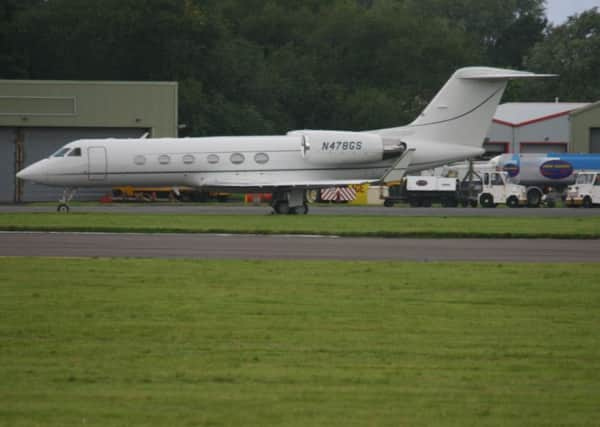Leader comment: The UK's shameful complicity in torture


The practice known as “extraordinary rendition” – used by the US particularly in the aftermath of the 9/11 attacks – saw terrorist suspects flown to despotic countries so they could be tortured.
It allowed the US officials to state publicly that America did not torture people accused of committing a crime, even though this was being contracted out to an ally with little regard for human rights. The term ‘erroneous rendiiton’ grimly sums up one problem when the rule of law is circumvented.
Advertisement
Hide AdAdvertisement
Hide AdAs the US was flying people about to a network of “black sites” around the world, it needed other allies to be complicit in the practice even if those countries were too squeamish or, relatively speaking, principled to get directly involved.
According to a report by MPs and peers on the Intelligence and Security Committee, the UK was one of those countries.
It described how, following claims Prestwick Airport was being used as a stop-off point for the secret flights, Police Scotland opened an investigation in 2013 into whether any crimes had been committed.
But when the UK Border Force tried to find out who was on board one flight that had landed at Prestwick, a rather odd exchange took place.
Iain Livingstone, now acting chief constable of Police Scotland, told how the Border Force officers were given “guidance” by the Americans that they could not board the plane but that its occupants were prepared to meet them on the tarmac. The Americans gave their word no-one else was inside.
Despite being “acutely aware of potential allegations in the past around extraordinary rendition” and wanting to look around the plane for that reason, the officers took the Americans’ word for it.
It is an incident that speaks volumes about the so-called ‘special relationship’ between the US and UK. We are, very much, the junior partner and US officials are happy to make that crystal clear when they feel the need to.
However, the officers at Prestwick could have directed their questions to agents of our own government. It was “beyond doubt” the UK’s intelligence agencies knew detainees were being mistreated and that “more could have been done” to stop what the US was doing, the committee found. And it was “difficult to comprehend” how senior officials “did not recognise the pattern of mistreatment by the US”.
